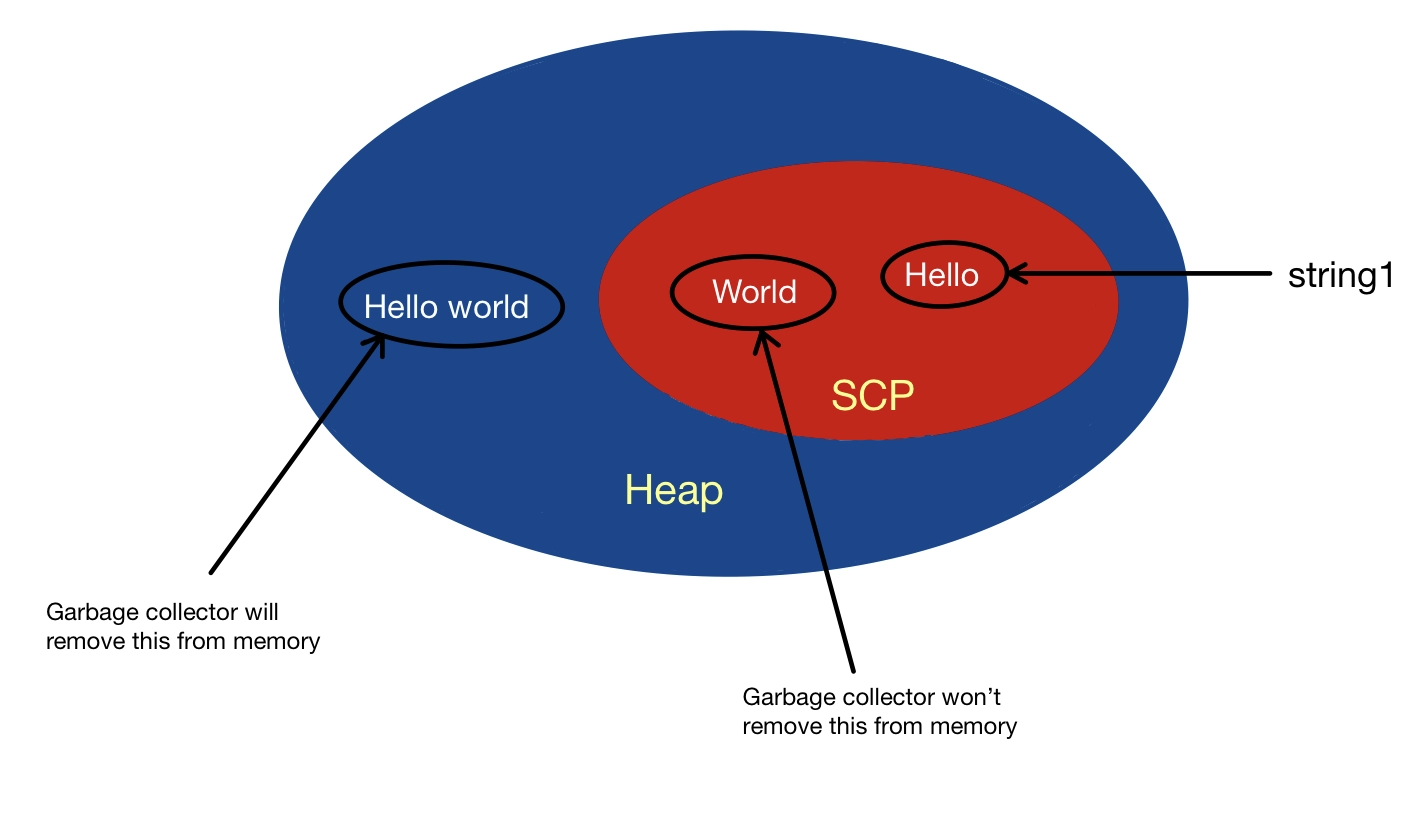Why Are Strings Immutable in Java? Key Reasons and Benefits Discussed
Why Are Strings Immutable in Java? Key Reasons and Benefits Discussed
Blog Article
Unalterable Strings: A Key Component in Ensuring Information Consistency and Dependability
In the world of data monitoring, the relevance of immutable strings can not be overemphasized. The idea of immutable strings transcends simple triviality; it is a linchpin in the facility internet of data governance.
The Idea of Immutable Strings
Immutable strings, a basic idea in programs, refer to strings that can not be modified when they are created. In significance, when a string worth is assigned, any type of procedure that shows up to modify the string in fact develops a new string. This immutability guarantees information consistency and reliability in applications, as it stops unanticipated changes to the initial information.
Advantages in Information Uniformity

Data consistency is critical in numerous aspects of software advancement, including database administration, multi-threaded settings, and distributed systems (Why are strings immutable in Java?). Unalterable strings contribute substantially to attaining this uniformity by preventing information corruption due to simultaneous access. In scenarios where several procedures or strings engage with the same data at the same time, unalterable strings function as a protect versus race conditions and synchronization problems
In addition, the immutability of strings simplifies debugging and screening procedures. With immutable strings, developers can rely on that once a string is established, it will certainly stay unmodified, making it less complicated to map the source of errors and ensuring that test situations produce constant results. This reliability in data dealing with eventually leads to much more stable and durable applications.

Carrying Out Immutable Strings
Guaranteeing the immutability of strings needs a thoughtful strategy to their implementation in software program development. One crucial approach is to create string courses in a means that protects against modifications when a string things is created. By making strings immutable, programmers can boost data uniformity and dependability in their applications.
To apply immutable strings effectively, programmers ought to favor producing new string things instead of changing existing ones. This technique ensures that when a string is appointed a value, it can not be changed. Furthermore, any kind of operation that appears to customize the string must produce a new string with the preferred adjustments rather than modifying the original.
Additionally, using unalterable strings can simplify concurrency administration in multi-threaded atmospheres. Given that unalterable strings can not be changed after development, they can be securely shared among multiple strings without the risk of data corruption.
Duty in Reliability Assurance
In software program growth, the application of unalterable strings plays a vital duty in making sure the dependability of data procedures. Immutable strings, once produced, can use this link not be modified, ensuring that the information they stand for continues to be regular throughout the application's execution. This immutability building offers a degree of assurance that the data being processed will not be accidentally transformed, leading to unexpected outcomes or errors in the system.
By integrating immutable strings into software application style, programmers can boost the integrity of their applications by minimizing the threats connected with mutable data - Why are strings immutable in Java?. Immutable strings help in avoiding data corruption or unplanned adjustments, which can be especially critical when handling sensitive information or when data integrity is critical
Furthermore, the usage of unalterable strings streamlines concurrent processing, as multiple threads can safely accessibility and share string Learn More Here data without the threat of one thread modifying the content while an additional reads it. This aspect adds considerably to the total reliability of the software system, making certain predictable and constant behavior in information taking care of procedures.
Applications and System Assimilation
The seamless integration of immutable strings into numerous applications and systems is critical for guaranteeing durable data consistency and integrity across varied technological settings - Why are strings immutable in Java?. Unalterable strings play an important duty in boosting the integrity of data exchanges and interactions within facility software communities. By incorporating immutable strings into applications, developers can alleviate the threats connected with information tampering, unapproved modifications, and unintentional modifications, thus strengthening the total safety and security posture of the system
Unalterable strings can boost interoperability in between disparate systems by offering a standardized format for information depiction, making it possible for extra efficient data processing and exchange methods across interconnected platforms. By embracing unalterable strings in applications and system combination procedures, companies can fortify their data facilities and maintain the dependability and consistency of their info properties.
Conclusion
Finally, immutable strings play a vital duty in maintaining data uniformity and reliability in numerous applications and system assimilations. By you can find out more making sure that strings can not be changed when developed, the stability of information is maintained, minimizing the danger of errors and inconsistencies. Implementing unalterable strings can significantly improve the integrity of systems, ultimately resulting in even more precise and trustworthy data handling.

Report this page